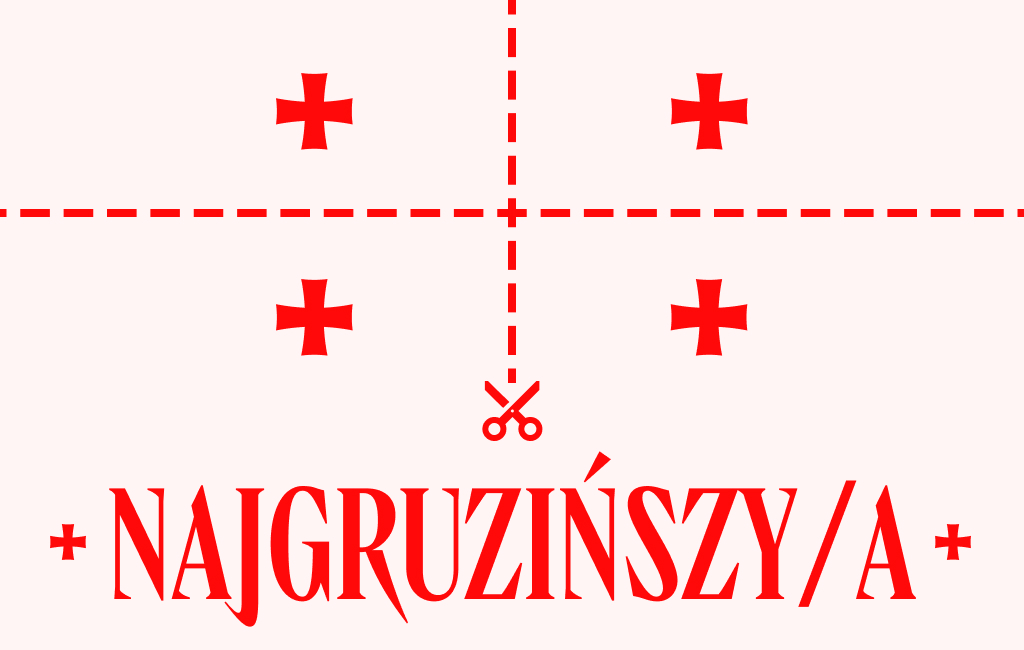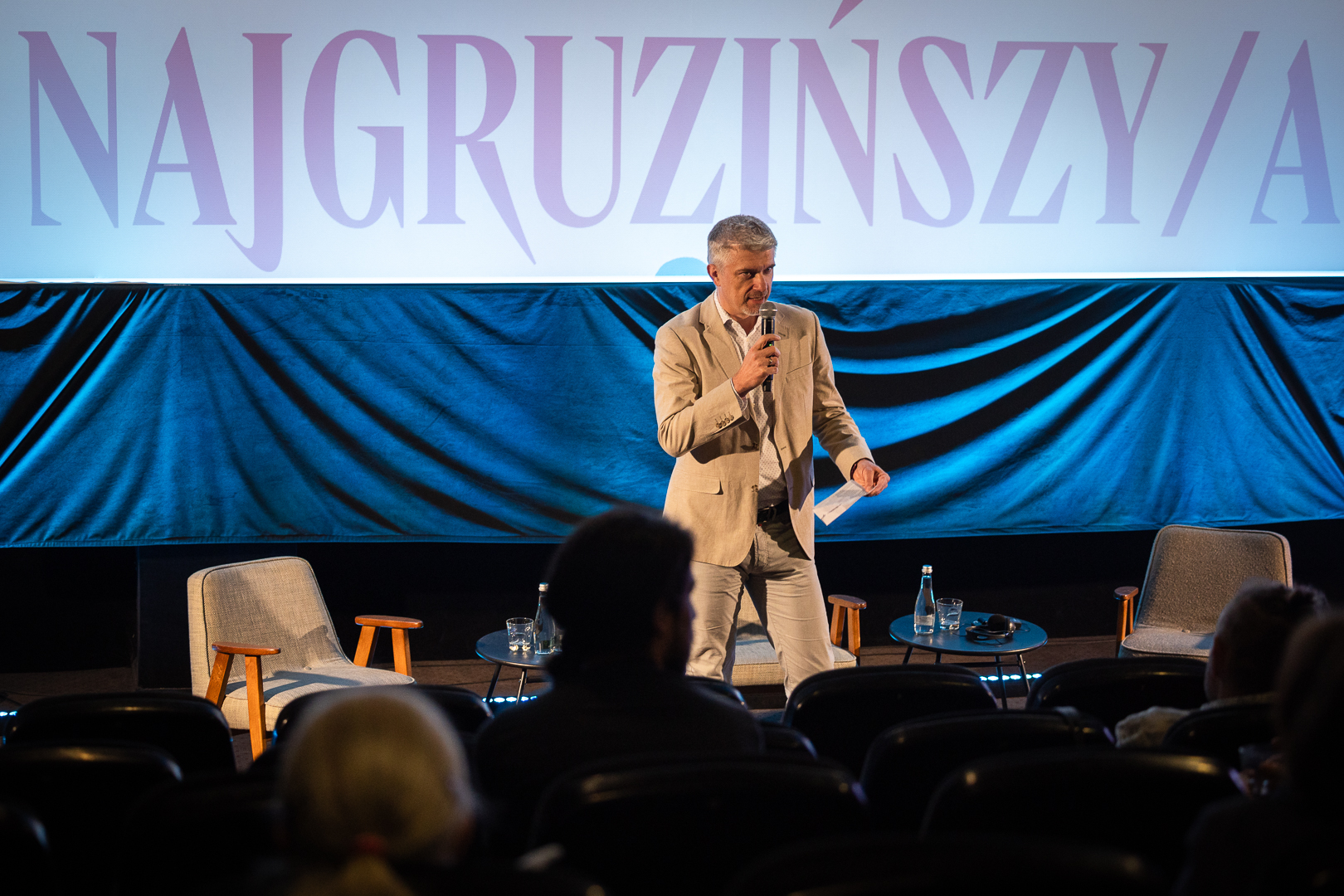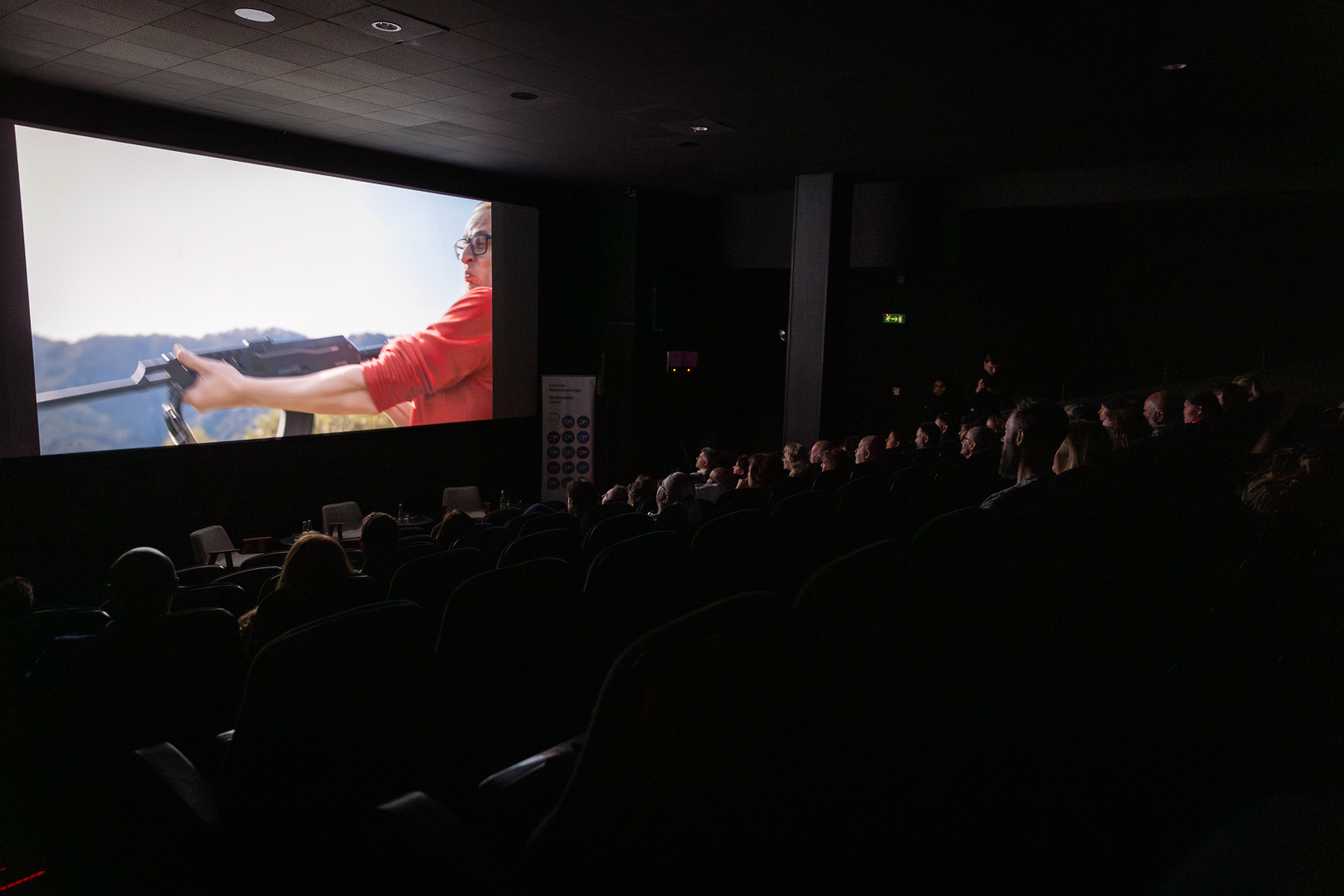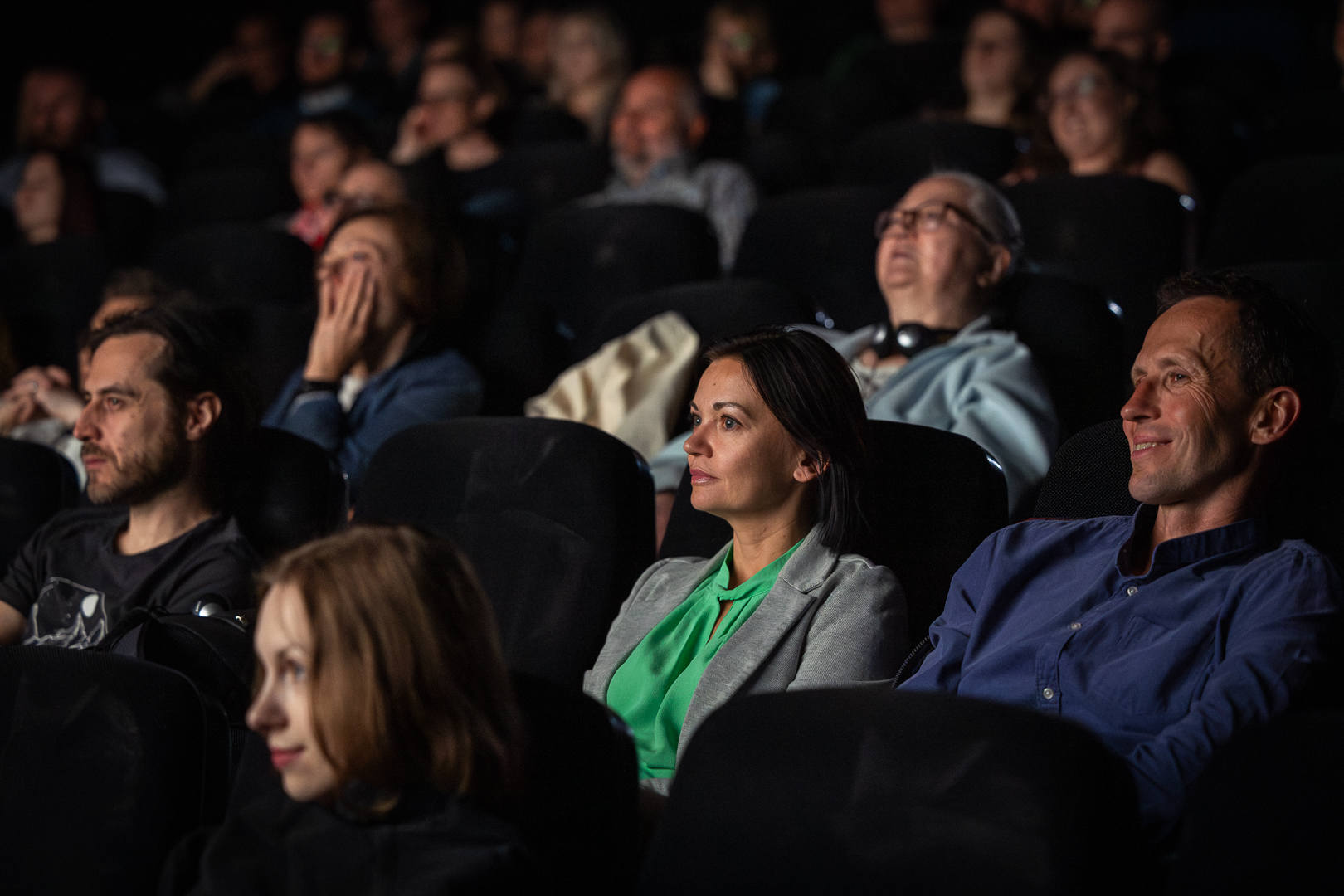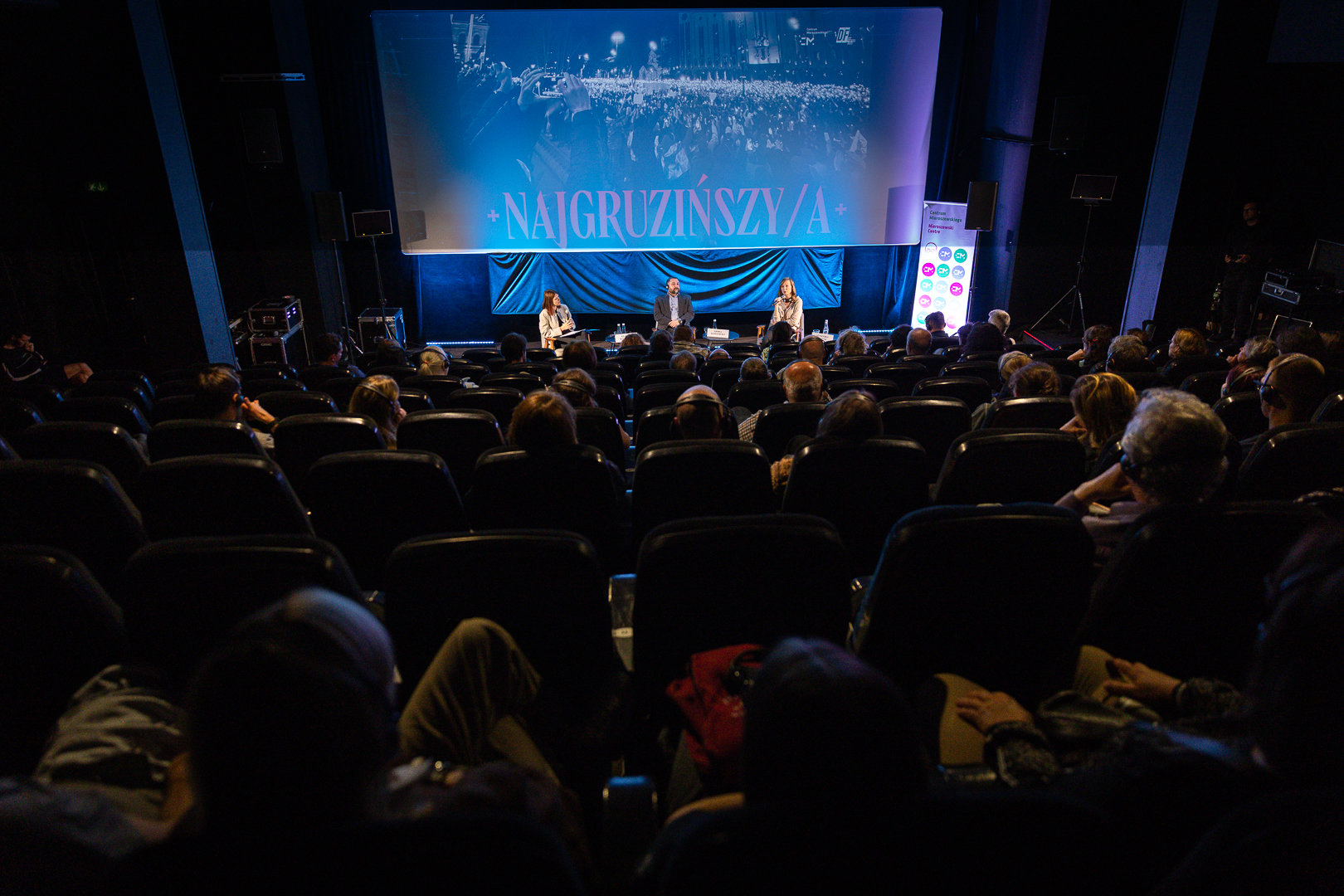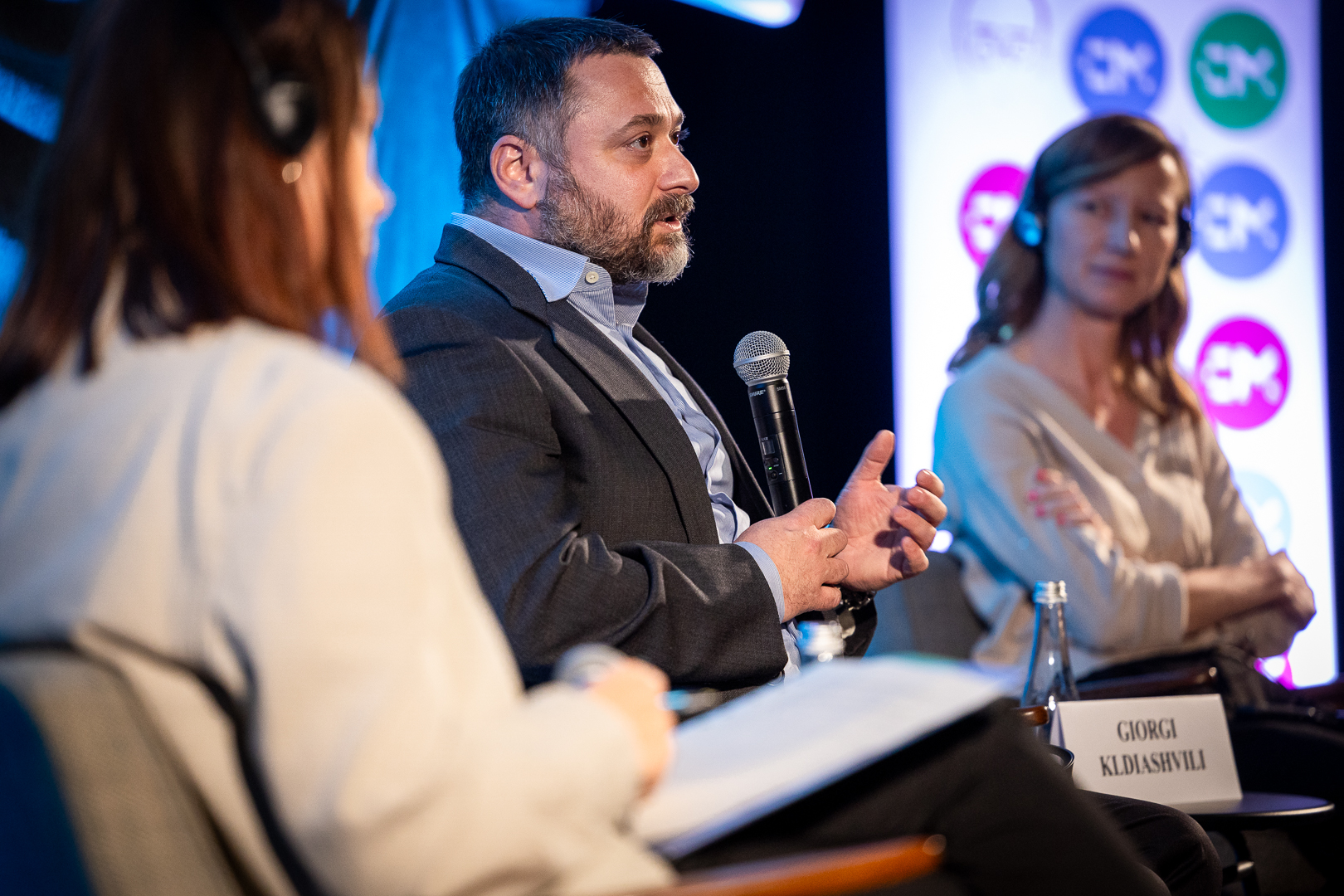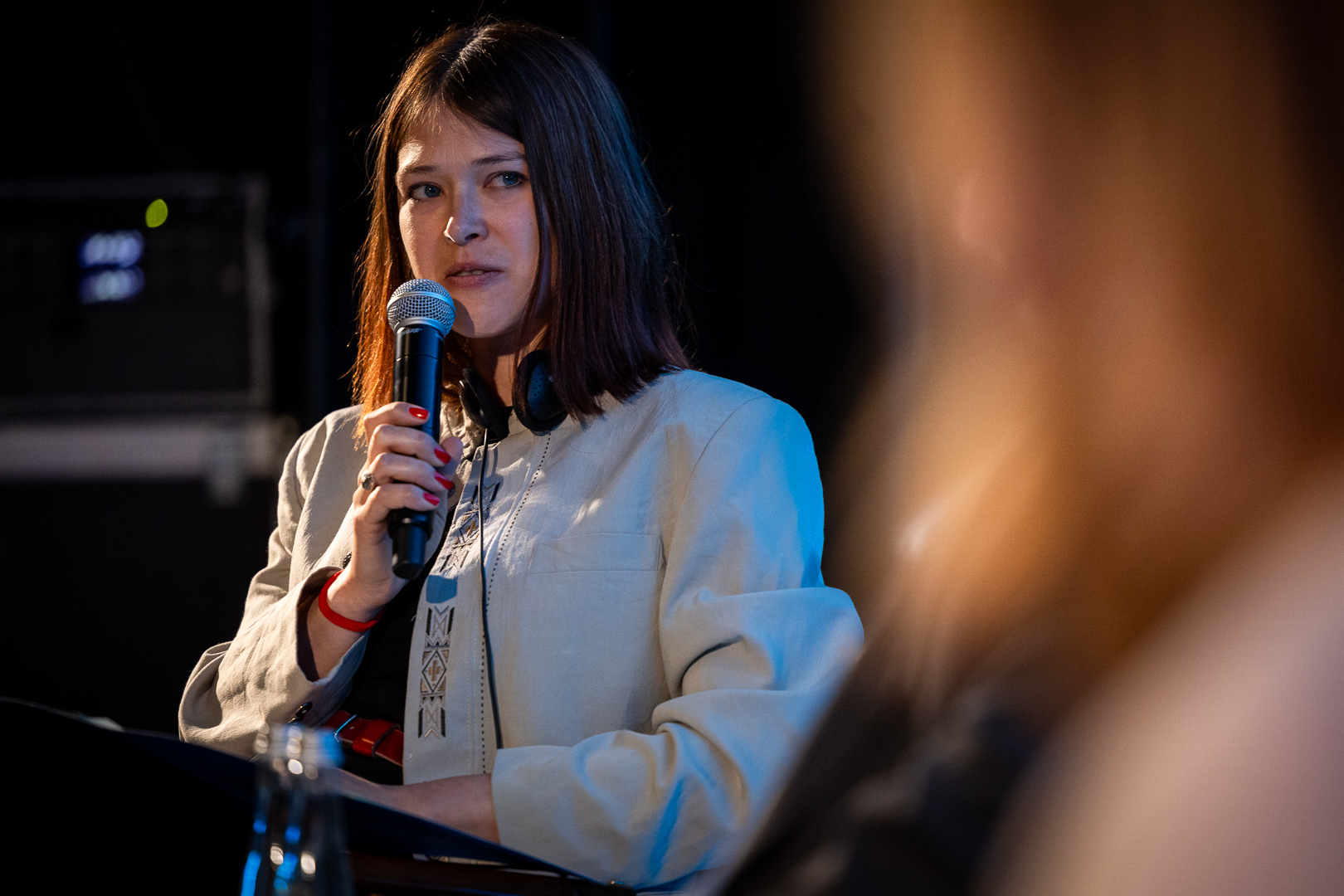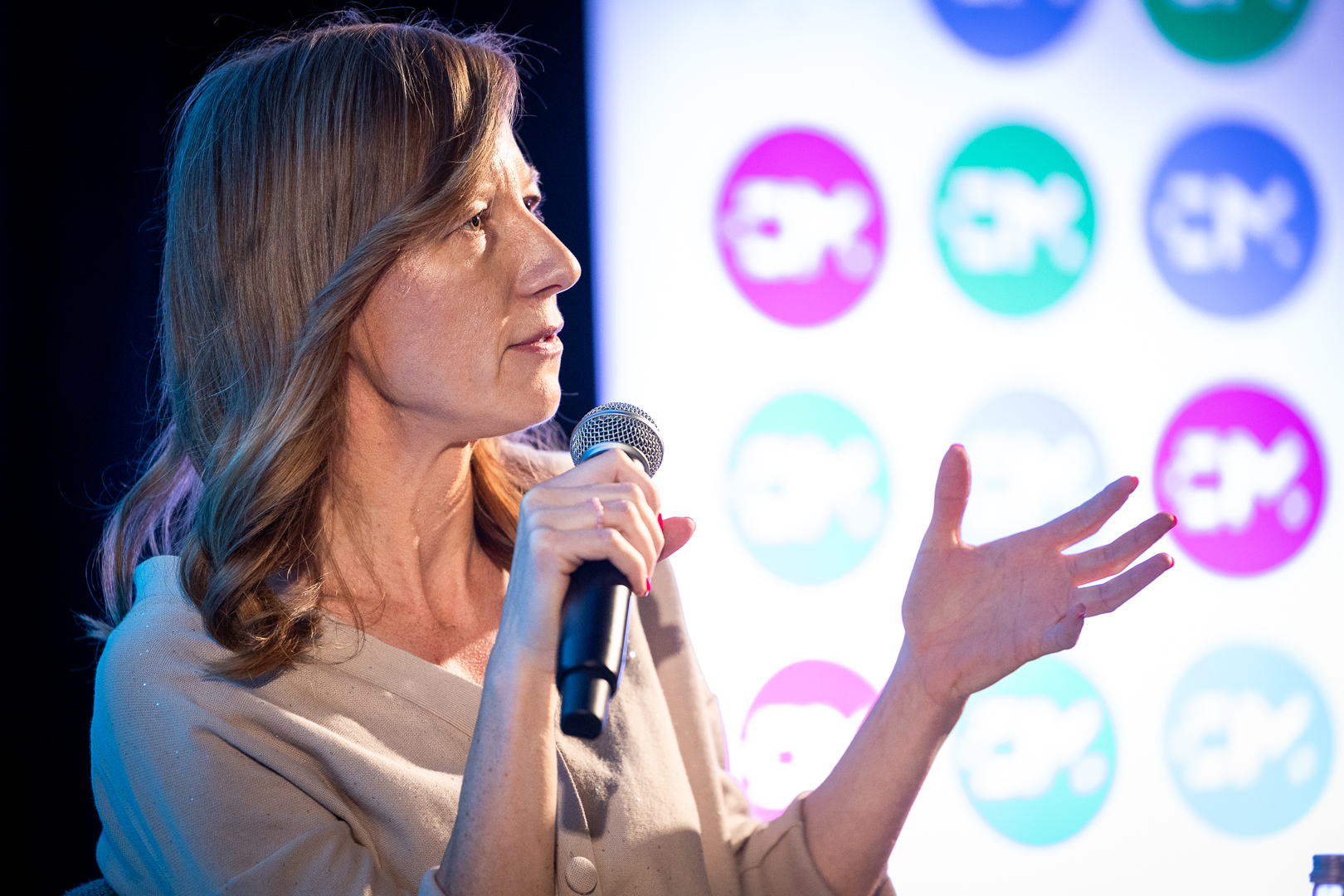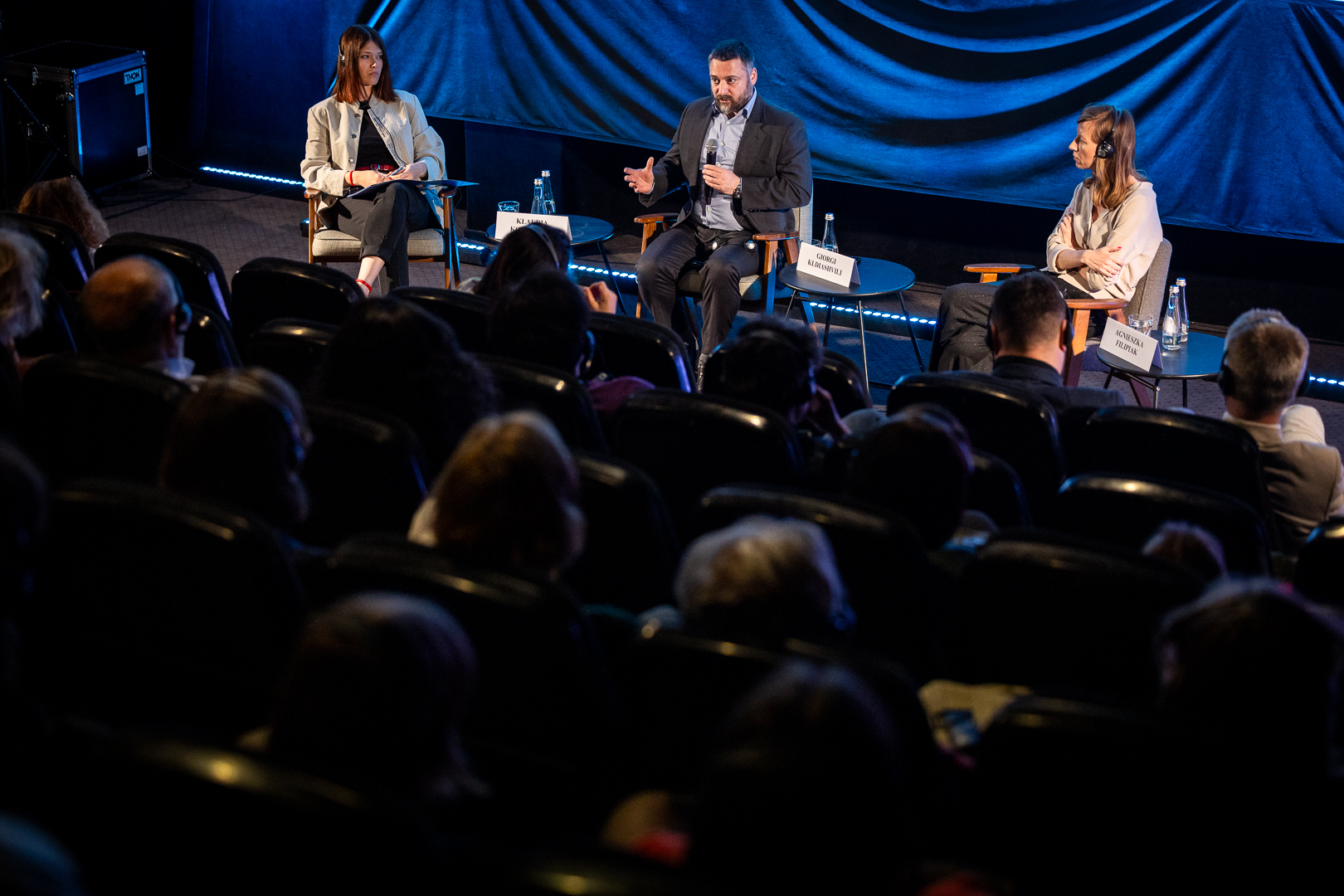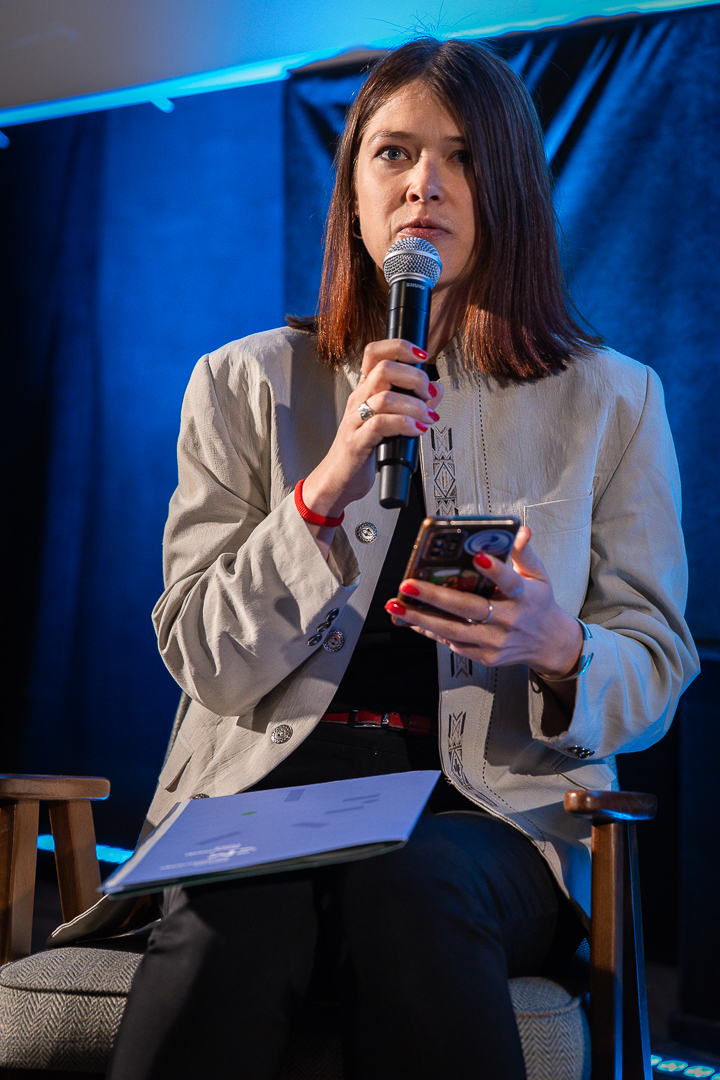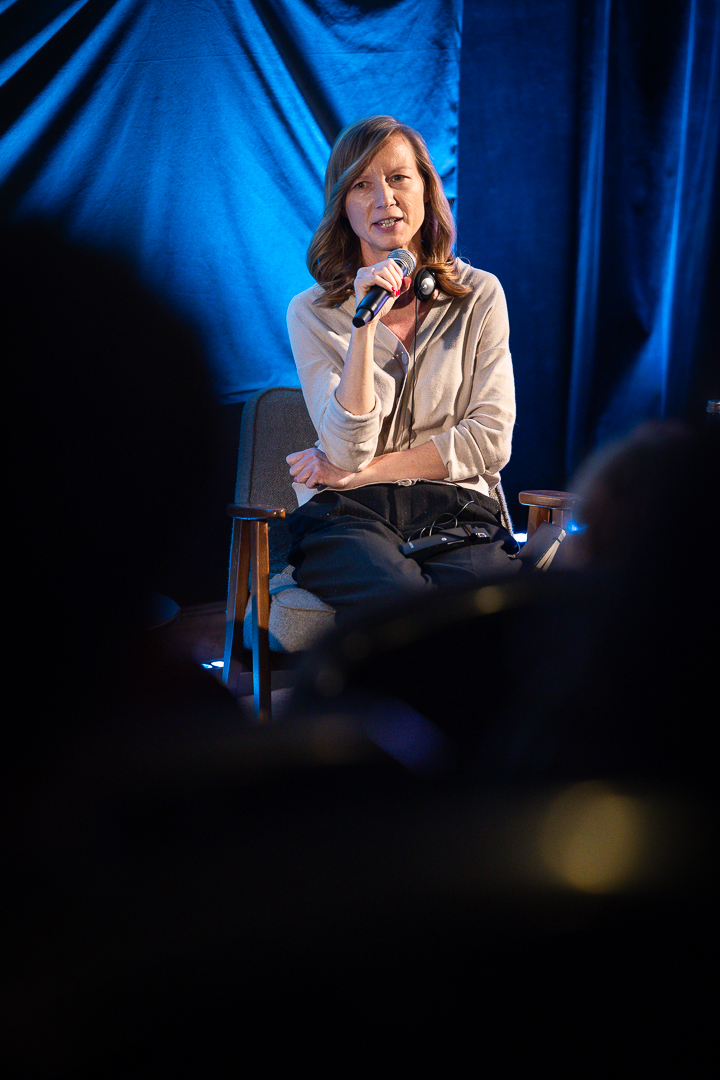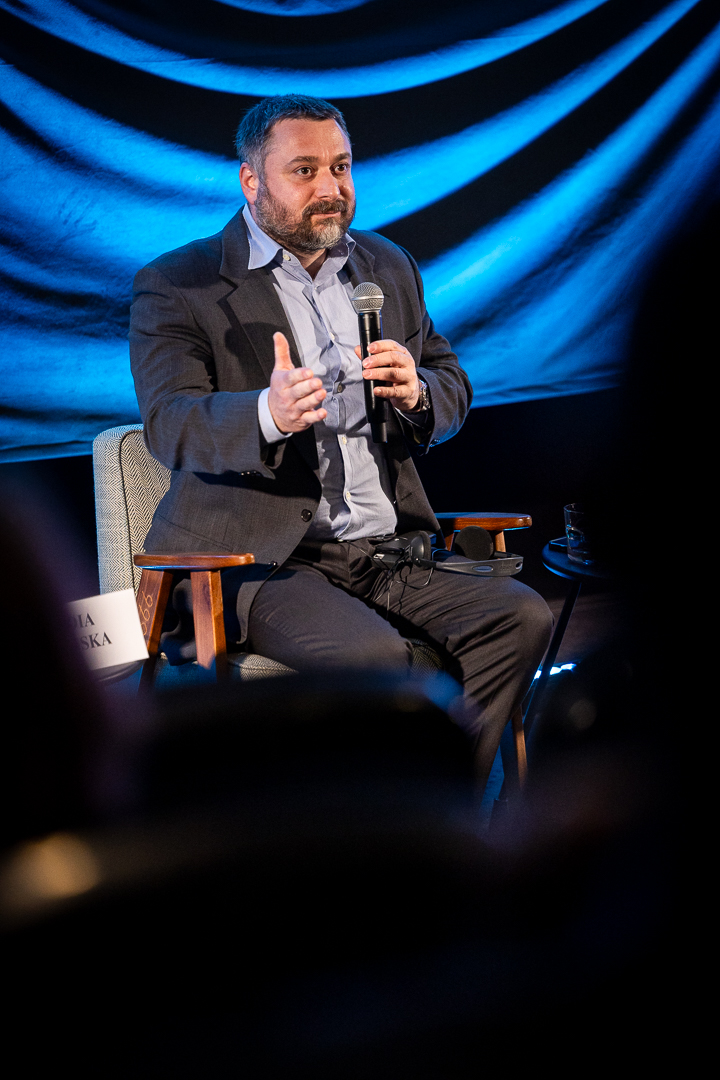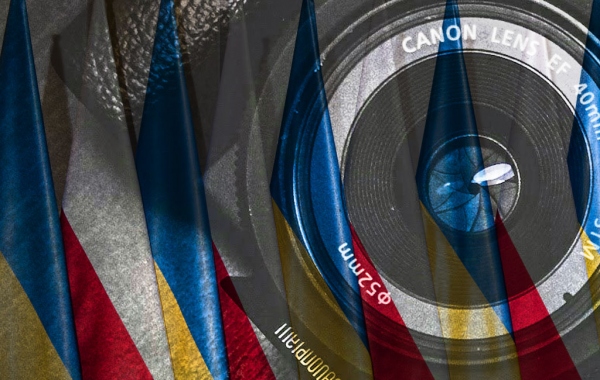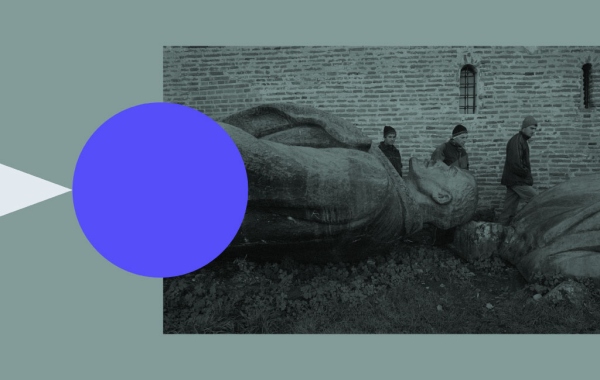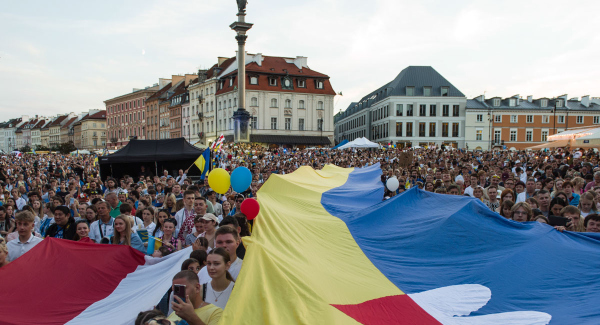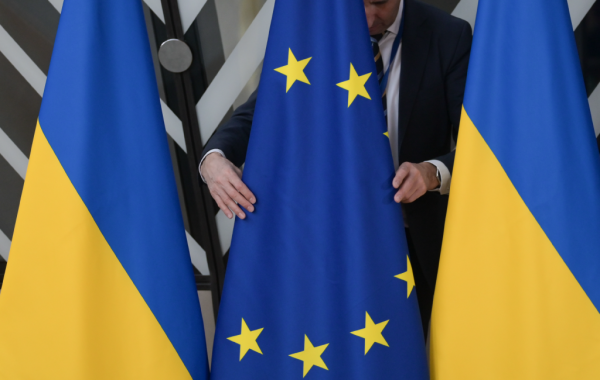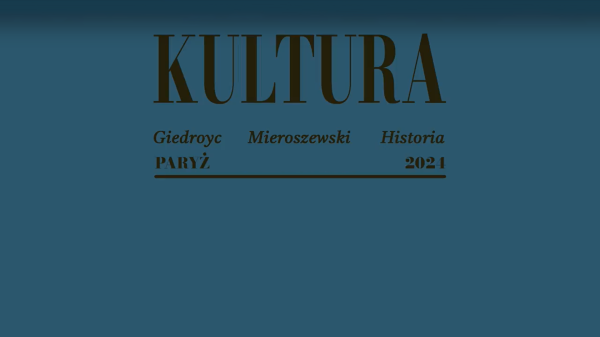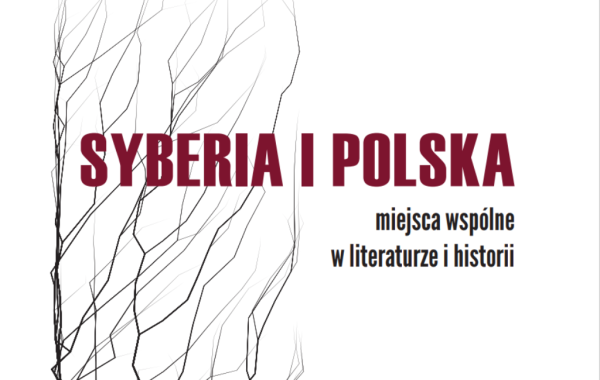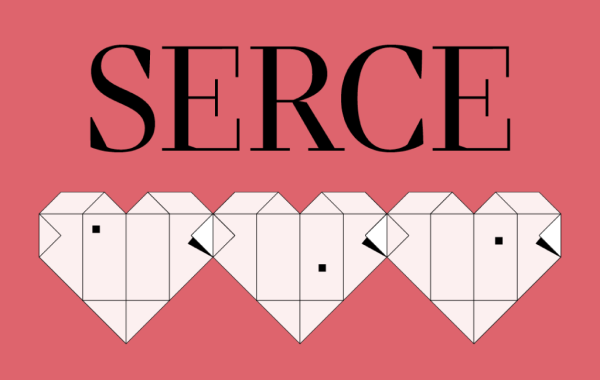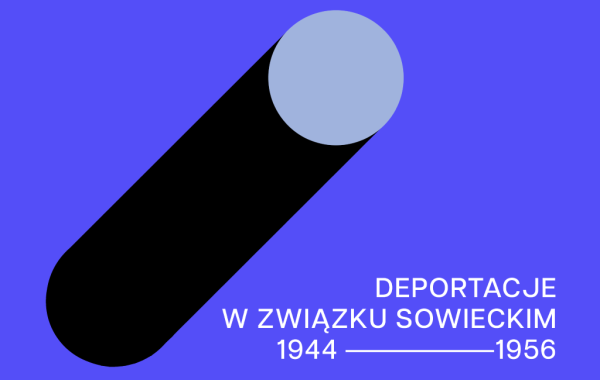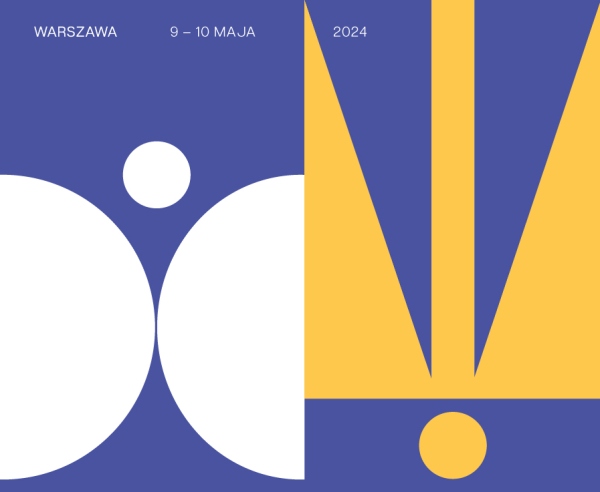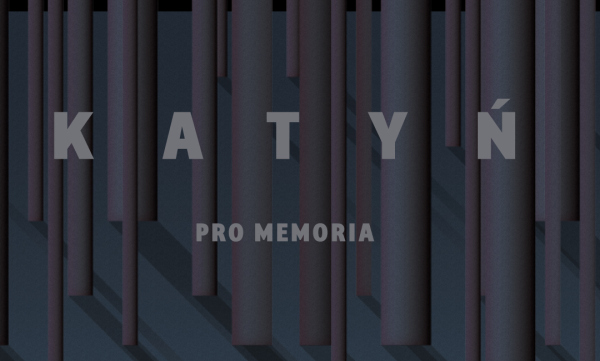The premiere of the documentary film "Najgruzinszy/a"
On 12 June, the Mieroszewski Centre in Warsaw's Kinoteka organised a unique event - a screening of the documentary 'Najgruzińszy/a' and a discussion on the current waves of protests among Georgian society.
The film is available on the Centre's YouTube channel at this link.
What was the origin of the film?
Stereotypes are both necessary and harmful. They help us organise reality, but they also overly simplify and trivialise it. Stereotypes are particularly damaging when they concern different groups of people and other nations. Scientists argue that the best way to deal with stereotypes is to be aware that something is a stereotype and that the truth is much more complex. So how can we create a film that challenges our stereotypes about Georgia while openly addressing them? This led to the concept of the film "The Most Georgian", in which a Polish scientist travels to Georgia to capture the most typical Georgian man or woman.
Is there a typical Georgian?
"Najgruzinszy/a" (The Most Georgian) is an entertaining documentary about the search for the essence of Georgian identity. Dr Tomasz Adamski embarks on field research in Georgia to photograph the "most Georgian" man or woman – a person who fully embodies our idea of the Georgian people. Will it be a powerful hunter moved by his own performance of a song on the bandura, or perhaps a 70-year-old shepherd posing for the camera while doing a cartwheel on the Georgian Military Road? Or maybe a winemaker from Kakheti, claiming that 80% of Tutankhamun's genotype is of Georgian origin?
The further into Georgia and closer to Tbilisi he goes, the more these stereotypical notions of Georgians start to complicate. Could the "most Georgian" be a graffiti artist creating giant murals on the blocks of Tbilisi? Or a female warrior from the Horoli group, knocking men to the ground with a sword blow or even just her hand? Or perhaps the "most Georgian" is the coach of the Georgian national rugby team, who has survived three wars and was raised on the dangerous streets of Tbilisi in the 1990s? Or an artist whose music bridges generations and can bring a homophobic father closer to his gay son?
"The Most Georgian" is an entertaining road movie with a wink, where the researcher often loses his distance and becomes the researched as he gets swept up in Georgian spontaneity, hospitality, and openness.
How will his Georgian adventure end? Will he find the "most Georgian"? Does such a person even exist?
Mass protests in Georgia
In the film, we see highland landscapes and hospitable Georgians, we hear stories about wine from home cellars. This allures thousands of Polish citizens to visit Georgia every year, a country whose capital's display of European flags might give the impression of a strong connection with the European Union. However, the events of the past two months force us to question whether this is truly the case and what the European Union means for over 80% of Georgians who support integration with its structures. Daily mass protests by Georgians against the law on transparency of foreign influence on the streets of Tbilisi and other cities show that the ruling Georgian Dream party is out of step with the expectations of the protesters, who face violence, and despite their resistance and determination, the parliament passed the law dubbed by Georgian citizens as the "Russian law."
After the screening of the film, we talked about various other subjects:
- Why is the Georgian law on the transparency of foreign influence called the "Russian law" by the opposition and protesters? Who or what is it meant to serve?
- Who is protesting, and will there be leaders who can harness the street's potential to bring about change?
- Has the Georgian Dream lulled the vigilance of the European Union and the entire West? How can we explain the sudden and unequivocal shift of the authorities towards Russia? What role does former Prime Minister Bidzina Ivanishvili play?
- Where did the West go wrong in its approach to the Georgian Dream? What can we, the "collective West," do in the current situation?
The discussion was attended by:
- Agnieszka Filipiak – Deputy Editor-in-Chief of Forbes Women, expert and author of a newsletter on the South Caucasus
- Giorgi Kldiashvili – Executive Director, founder of the Institute for Development of Freedom of Information, Tbilisi
The conversation was moderated by:
- Klaudia Kosicińska – PhD, co-initiator of the Gamardżoba Kino film festival.
Thank all those present! The film will soon be available to be seen online.
